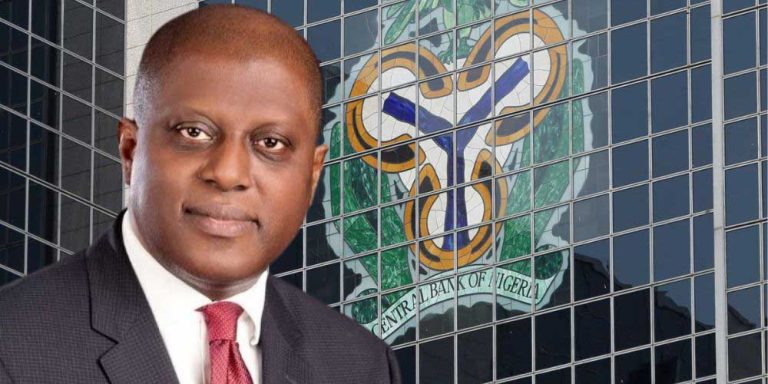
The Governor of the Central Bank of Nigeria (CBN), Olayemi Cardoso, has stated that the apex bank’s strategic policy interventions helped prevent Nigeria’s inflation rate from surging to 42.81% by December 2024.
Speaking at the 2025 Monetary Policy Forum in Abuja, Cardoso emphasized that the CBN will maintain orthodox monetary policies in 2025 to further control inflation. He also projected that diaspora remittances would rise to ₦31.79 trillion when the final figures for the fourth quarter of 2024 are released.
Key Monetary Policy Measures in 2024
Cardoso highlighted that throughout 2024, the CBN took bold monetary policy actions across six Monetary Policy Committee (MPC) meetings, including:
- Raising the Monetary Policy Rate (MPR) by 875 basis points to 27.50%.
- Increasing the Cash Reserve Ratio (CRR) for Other Depository Corporations by 1,750 basis points to 50%.
- Adjusting the asymmetric corridor around the MPR to manage liquidity.
“Counterfactual estimates suggest that without these decisive policy interventions, inflation could have reached 42.81% by December 2024,” Cardoso noted.
Foreign Exchange (FX) Reforms and Economic Impact
To stabilize Nigeria’s foreign exchange market, the CBN implemented several critical reforms, including:
- Unification of multiple exchange rate windows, leading to a 79.4% rise in remittances via International Money Transfer Operators (IMTOs)—from $2.33 billion in Q1-Q3 2023 to $4.18 billion in the same period in 2024.
- Clearing a $7 billion FX backlog, which restored market confidence and improved liquidity.
- Lifting restrictions on 41 previously banned items from the official FX market.
- Introducing new minimum capital requirements for banks, effective March 2026, to enhance financial sector resilience and global competitiveness.
Financial Inclusion and Market Transparency
To bridge the gender gap in financial access, the CBN launched the WIFI initiative under the National Financial Inclusion Strategy, empowering women with financial services, education, and digital tools.
Additionally, the bank introduced the Nigeria Foreign Exchange Code, aimed at ensuring integrity, transparency, and efficiency in the FX market. Cardoso described it as a binding commitment by financial institutions to rebuild trust and boost investor confidence.
The CBN governor reaffirmed the bank’s commitment to stabilizing the economy, enhancing FX liquidity, and strengthening the financial sector in the coming year.





